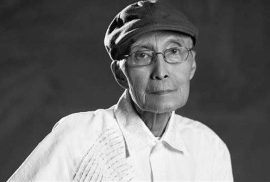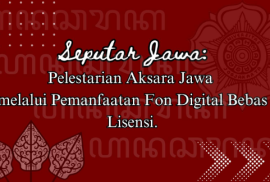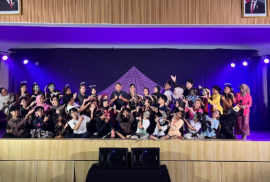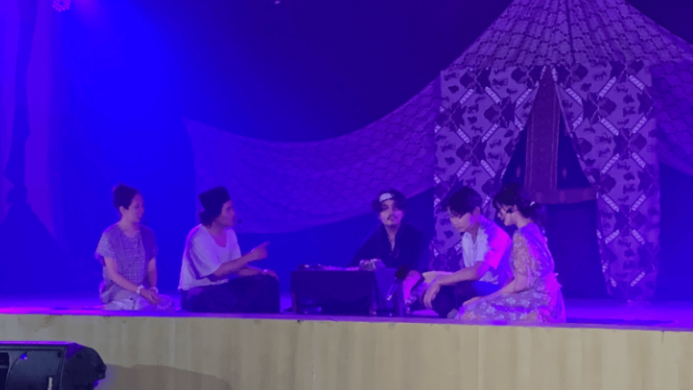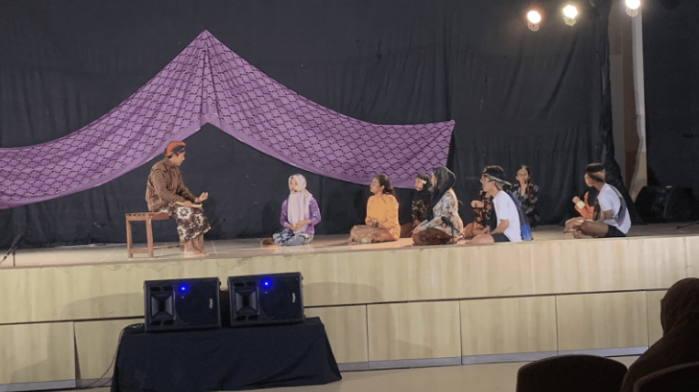The Faculty of Cultural Sciences at Universitas Gadjah Mada (FIB UGM) recorded a significant academic achievement by placing four disciplines at the top national rank in the World University Rankings by Subject 2026 released by Times Higher Education (THE). These four disciplines contributed to two broad subject areas that also positioned UGM as the leading university nationally, namely Social Sciences and Arts and Humanities.
Based on the rankings, UGM secured first place nationally in the Social Sciences and Arts and Humanities categories. Within these two subject areas, FIB UGM contributed four leading disciplines: anthropology, languages, literature and linguistics, history, and archaeology.
Times Higher Education is a global higher education ranking organization that has provided university performance data since 2004. Its rankings are widely used by students, academics, university leaders, governments, and industry stakeholders to assess the performance of higher education institutions worldwide.
As stated on the official Times Higher Education website, subject rankings are designed to provide a more specific picture of institutional strengths in particular fields of study. “We create university rankings to assess the performance of higher education institutions on the global stage and to provide a reference source that helps readers understand the diverse missions and achievements of universities,” Times Higher Education explained in its official statement.
The World University Rankings by Subject cover 11 broad subject areas encompassing a total of 148 academic disciplines. Although they use the same methodology as the THE World University Rankings, the weighting of indicators in the subject rankings is adjusted to reflect the characteristics of each field, ensuring a fairer and more relevant assessment.
For the Social Sciences category in 2026, the assessment includes disciplines such as communication and media studies, politics and international studies including development studies, sociology, geography, and anthropology. Meanwhile, the Arts and Humanities category covers languages, literature and linguistics, history, philosophy, theology, architecture, archaeology, as well as performing arts and design.
The achievement of these four disciplines at FIB UGM reflects the faculty’s consistent development of strong and relevant academic and humanities research in response to global social dynamics. This accomplishment also underscores the role of higher education institutions in producing knowledge, preserving cultural heritage, and strengthening cross-cultural understanding as essential foundations for sustainable and equitable development in the future.
[Public Relations of FIB UGM, Candra Solihin]



